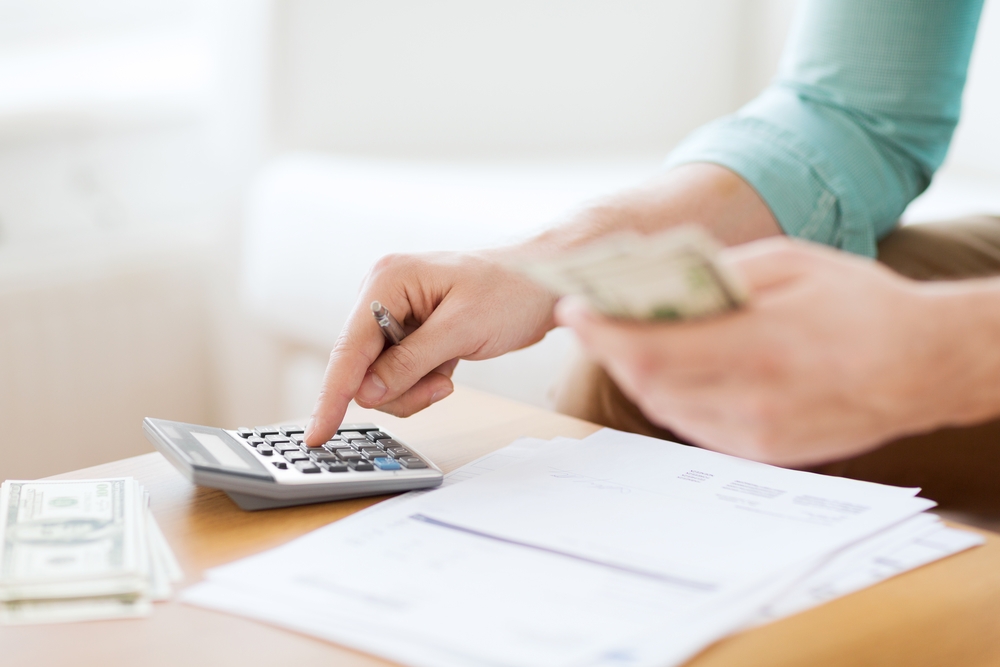The birth of a new born baby can lead to one experiencing a jumble of emotions – happiness, joy, anxiety, gratefulness. But it also might bring in something unexpected – depression.
Many parents experience what most call “baby blues” after the arrival of the new member. What do these blues look like? Well they usually include mood swings, crying spells, anxiety and difficulty sleeping. These start on the second or third day after the delivery and last upto two weeks.
But some experience a longer, more lasting form of depression – postpartum depression. Its symptoms might look similar to those of baby blues, but you can notice the difference if your symptoms last longer, are more intense and interfere with your ability to take care of your baby or your ability to manage daily tasks. Symptoms may show up right after the delivery (sometimes even during the pregnancy) and last up to a year after birth.
Here are some early warning signs of postpartum depression:
1. “Baby blues” Don’t Get Any Better
It’s acceptable if there’s a dip in your mood during the first two weeks after delivery. After that you should start feeling better. But if you don’t and find your feelings becoming more intense and lasting for longer periods of time, it’s more than just the blues you are feeling.
2. Sadness & Guilt Overwhelm You
Experiencing sadness once in a while is okay. But if you find yourself crying frequently or being unhappy about becoming a parent or thoughts of not being a good caregiver consume you, then that’s a sign.
3. You Lose Interest In Things You Enjoyed Earlier
Not laughing at the movie you always found funny? Not feeling a sense of closeness towards your partner like you did before? Not liking the lasagna you loved and craved?
4. Trouble In Making Decisions
If you are taking more than the usual time to decide whether you should take a shower or change clothes or check your baby’s diapers, this could mean something.
5. Worried About Being A Good Parent
Having fears about raising a newborn are natural and healthy in making one take extra care of the baby. But if you constantly find your head filled with thoughts about how you’d make a disastrous parent or if you second guess your every action around the baby or if you are constantly pulling down your parenting skills, then this might be worrisome. The moment your fears constantly get in the way of you being able to take care of the baby, you should be concerned.
6. Change In Sleeping Patterns
Ofcourse they will change! We all have seen movies with babies crying and their parents too, all night long. But if you can’t get some sleep even while the baby naps or if you find yourself sleeping all the time, then that’s a sign.
7. Thoughts About Harming Yourself
If you wish to harm yourself or the baby, then this is a sign of advanced postpartum depression and even postpartum psychosis, a rare and serious mental illness that takes place with postpartum depression
If you are experiencing a good number of these signs, irrespective of whether you are the father or the mother, or if you find yourself concerned then we strongly urge you to speak to a mental health professional at the earliest. The sooner you do this, the sooner you’ll be able to get back on track and regain not only your normal life but also the joys accompanying the coming in of a baby!





